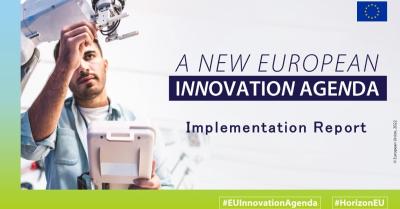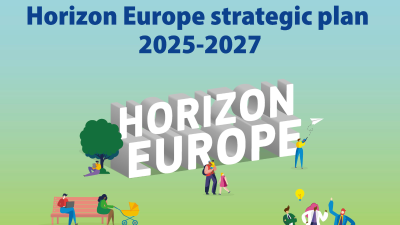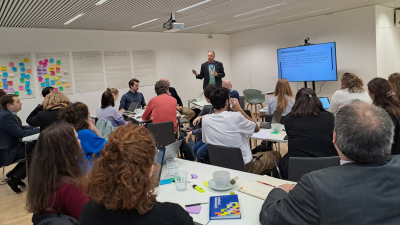A new ERA for Research and Innovation
The European Research Area (ERA) aims to increase collaboration between the national research systems and to ensure better policy coordination between the Member States and the EU. Originally launched in 2000, the ERA was renewed in 2020, starting with the adoption of the Commission’s Communication on A new ERA for Research and Innovation. The revitalised ERA’s ambition is to better address the societal, ecological and economic challenges, based on three pillars established in November 2021: new ERA governance involving the ERA Forum; adoption of a Pact for Research and Innovation in Europe; and a new ERA Policy Agenda with 20 concrete ERA actions for 2022-2024.
In this frame, the ERA Forum serves for the Commission and EU countries to co-design and coordinate the implementation of the ERA actions, prepare future updates of the policy agenda and ensure the involvement of relevant stakeholders.
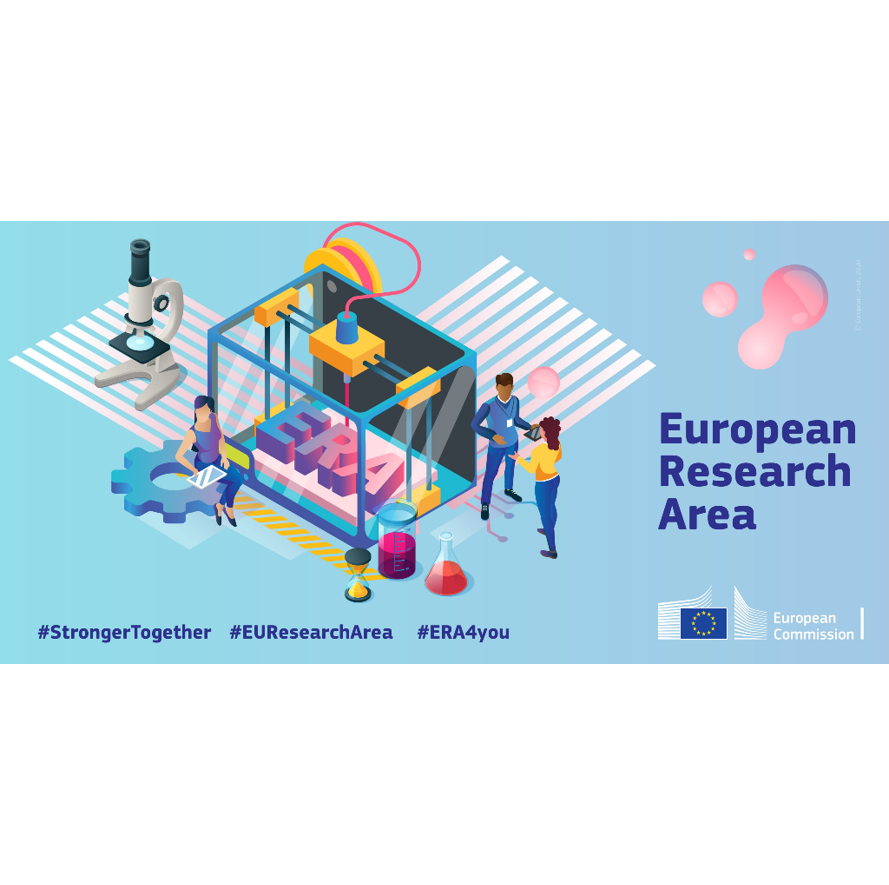
ERRIN's recommendations on the future of the European Research Area
June 2020
ERRIN's work on ERA
ERRIN has been observing ERA since before the start of the renewal process and actively contributing to its developments, including to the Commission’s Communication from 2020. ERRIN welcomed the communication, where multi-level governance and a systemic approach are key components. The network is an active stakeholder in the ERA Forum, within the Research and Technology Performing Organisations (RTPO) category. Regarding the ERA Policy Agenda 2022-2024, as an organisation, we are committed to the following ERA actions, linking to EU Missions and Widening as two main network priorities:
- Action 10: sub-action on EU Missions
- Action 11: sub-action on ERA4FutureWork
- Action 15: Regional and national R&I ecosystems (ERA Hubs)
- Action 16: Access to excellence
ERA Action 15 and a pilot project dedicated to the ERA Hubs concept and rollout are of particular interest to ERRIN. ERA Hubs are an opportunity to create a framework for both multi-level governance and multi-stakeholder approach, whose role in addressing societal challenges is increasingly recognised. This action should also be seen as an essential foundation and point of reference for supporting more thematic ecosystem approaches such as Hydrogen Valleys or Renewable Energy Valleys.
Linking to Action 16, since 2023 ERRIN is part of a new ERA Forum sub-group ‘Access to excellence’ – ‘R&I and Cohesion Managing Authorities’ Network (RIMA) launched to kick-off its implementation.
Moreover, ERRIN aims to follow a number of other ERA actions, such as action 12: Accelerate the green/digital transition of Europe’s key industrial ecosystems.
Currently, we are also involved in the process of shaping the next ERA Policy Agenda 2025-2027 in the ERA Forum, engaging ERRIN members in the reflections.
Furthermore, our network is a partner of the Knowledge Exchange Platform, relaunched as KEP 2.0 in 2020 to support regions and cities in promoting science and research locally.
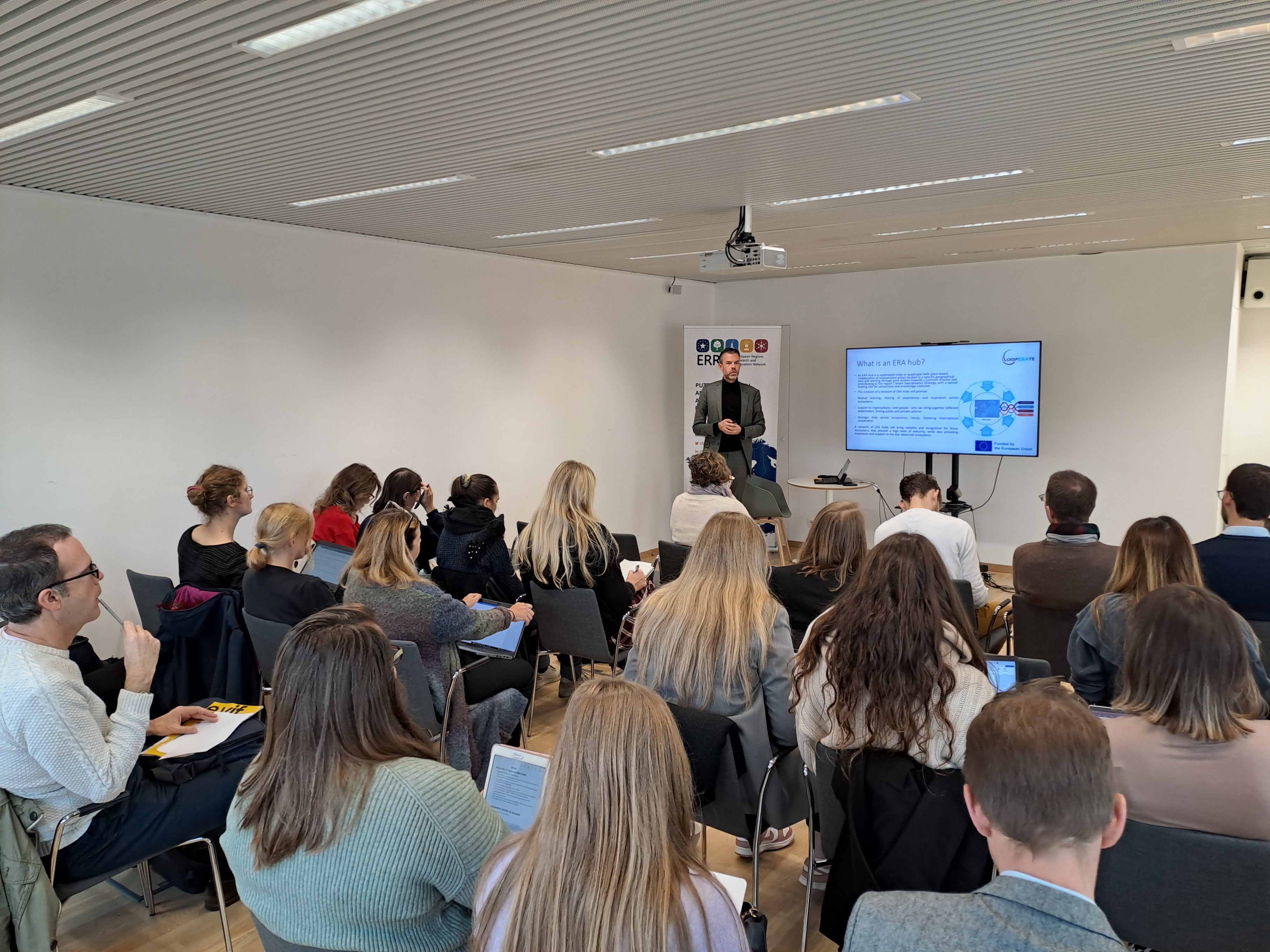
Since 2020 ERRIN has formulated several input papers concerning the ERA including on the future of the ERA in June 2020, on the ERA governance in April 2021 and on the roll-out of ERA Hubs in October 2021. Over the years, multiple meetings around ERA have been organised by the ERRIN Policy Working Group, with most recent ones in 2023 on ERA Policy Agenda going forward; and on ERA Hubs: Defining the concept.
In 2023, Two European projects were launched under the call “Testing of the ERA Hub concept – pilot phase” – ERA FABRIC and COOPERATE – both led by ERRIN members. ERRIN Director Pirita Lindholm is currently part of the ERA_FABRIC Advisory Board.
Regarding ERRIN’s involvement in the process of developing the next ERA Policy Agenda 2025-2027, the network has so far submitted an initial contribution to the gap analysis in 2023 and answered ERA Forum survey to evaluate the proposed new ERA Actions in January 2024, while remaining actively involved in the ERA Forum meeting discussions.
ERRIN's policy messages
To strengthen and make the ERA more impactful, the following points should be considered:
- Broadening the scope of ERA by explicitly including innovation
- Integrating a place-based research and innovation ecosystem approach
- Applying a truly multi-level governance model where the regional and local levels are included
- Creating a working group to further elaborate the ERA Hubs, to bring the ecosystem perspective to the ERA to map existing initiatives, structures and networks; create a better understanding of the local and regional research and innovation ecosystems; and identify gaps and areas where further support should be provided to ecosystems.
Moreover, with regard to the ERA Forum, ERRIN recommends:
- Improving overall organisation of the stakeholder engagement, which should be much more flexible in the ERA Forum and the specific ERA actions, including the revision of the stakeholder categories
- Strengthening communication and involvement of stakeholders at member state level
- Increasing ownership and engagement of the stakeholders in individual actions
- Further focusing of the work of the Forum and limiting the number of the ERA actions that require active engagement of everyone
- Co-creating the core set of ERA policy actions within the ERA Forum
